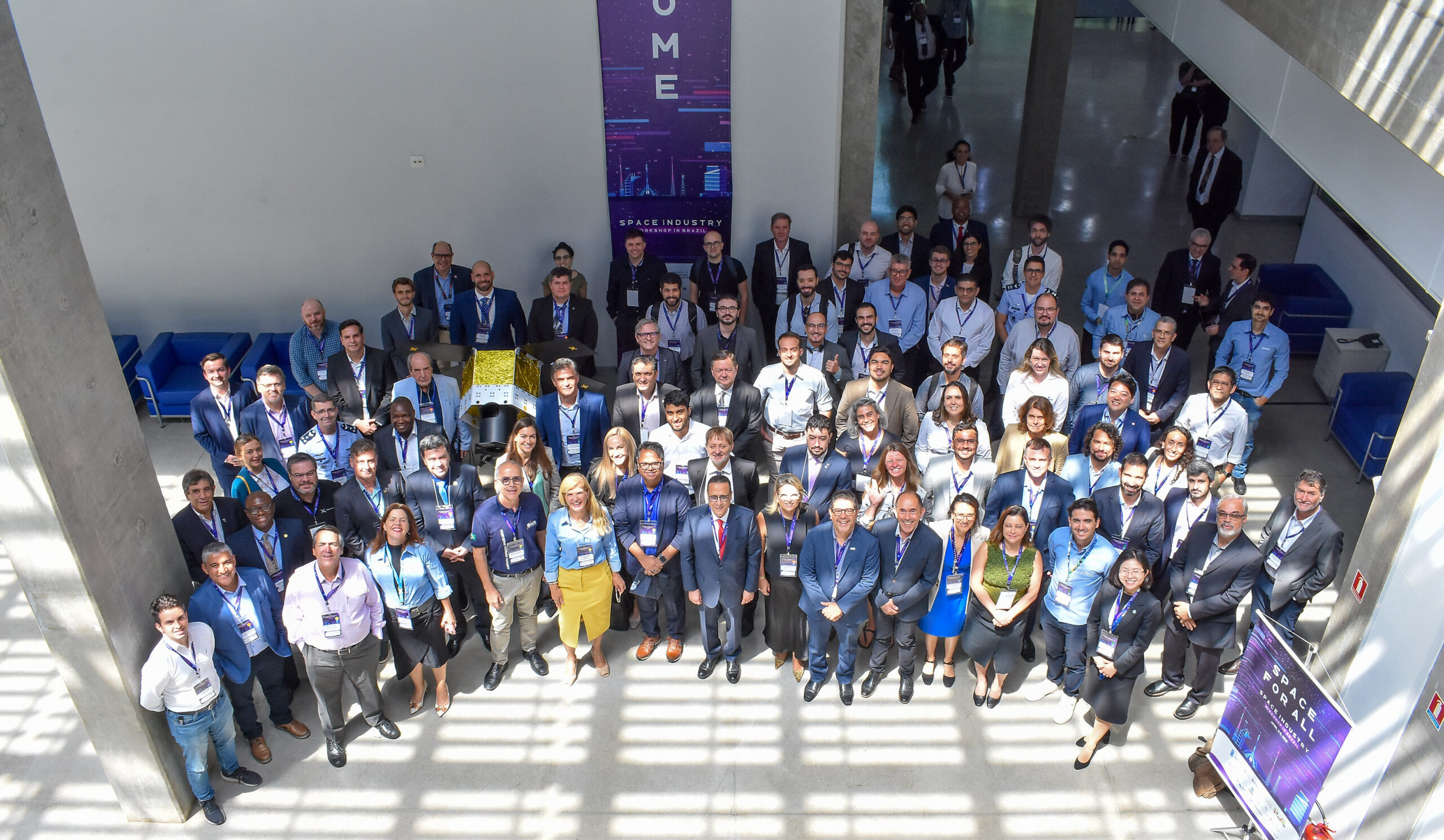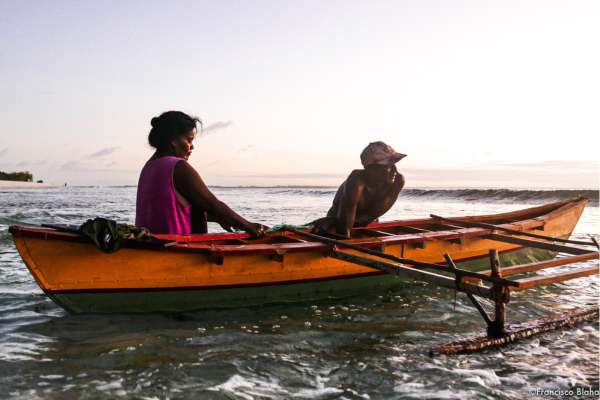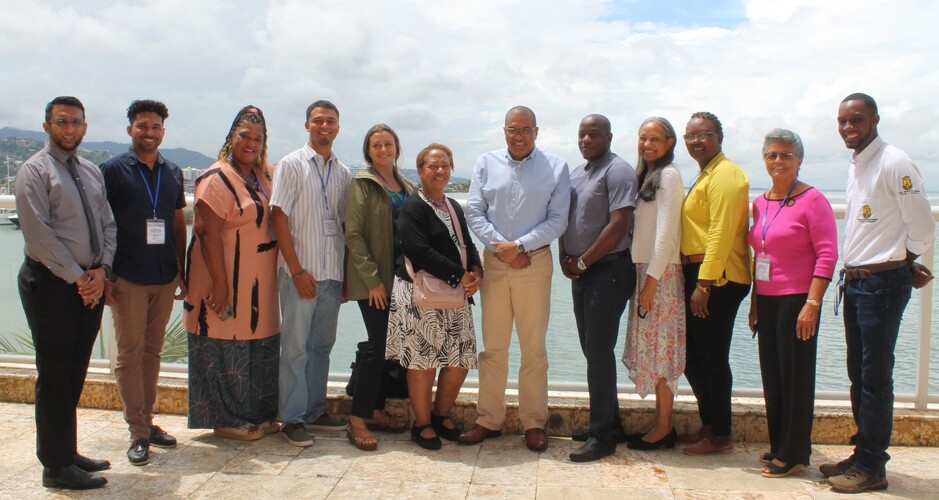Written by:

Dr Laura Canevari
CEO
Adaptation futures 2023
Introduction
The following reflections are the insights and observations of ITACA CEO, Dr Laura Canevari, who had the privilege of attending the Adaptation Futures 2023 conference in Montreal in early October. This event brought together climate practitioners, scholars, and innovators from around the world to discuss and explore the critical issues surrounding climate adaptation. Laura’s experiences and takeaways from the event provide a valuable glimpse into the evolving landscape of climate adaptation research and practice and the pressing challenges and opportunities it presents.
knowledge exchange
Masterclass: Ex Post Evaluation
With only 30 attendees accepted into this session, the masterclass on ex post evaluation organized by the Adaptation Fund Technical Evaluation Reference Group (AF-TERG) set the stage for Adaptation Futures. It provided a foundational understanding of how to assess past adaptation projects and examined approaches to understand the sustainability of outcomes and impacts of climate adaptation initiatives after they have been implemented. This masterclass laid out key concepts, methodologies, and the significance of learning from both positive and negative outcomes whilst reflecting on the challenges of ex post evaluations, in particular the access to adequate data. Interestingly, pilot projects to deploy the AF-TERG evaluation methodology in Samoa and Ecuador found that many times the outcomes that were expected to be very likely sustained in the future had not persisted, whilst unexpected outcomes also emerged.
While ex-post evaluation methodologies hold significant promise, there is a notable need for streamlining their deployment. Dr. Canevari’s reflections during the session underscore the necessity of exploring diverse mechanisms to facilitate this process. For instance, empowering local civil society organizations and equipping local professionals with the necessary training to assist in data collection, monitoring, evaluation and result validation could be an effective approach. Alternatively, a self-assessment mechanism, akin to corporate self-assessments on ESG (Environmental, Social, and Governance) and sustainability, could be designed to engage beneficiaries directly, making the evaluation process more inclusive and comprehensive.
The Power of Digital Platforms
The session on advancing digital climate adaptation platforms hosted by the Resilience by Design Lab highlighted the importance of harnessing technology to facilitate the development of communities of practice. Climate Adaptation Platforms (CAPs) and digital infrastructure play a crucial role in the reskilling and upskilling of the workforce and can be highly instrumental in connecting people and organizations for the development and implementation of adaptation agendas. One key reflection made by Roger Street during the session is the need to move away from project-based financing as this is not a sustainable model for platform development and maintenance.


The Importance of budgeting for National Adaptation Plans (NAPs)
During the session on National Adaptation Plans (NAPs), several critical points were raised by experts from different Latin American and Caribbean (LAC) countries. These insights shed light on the challenges and opportunities in the region’s efforts towards climate adaptation. For example, Dr. Kenel Delusca from Haiti highlighted that vulnerability studies often overlook local realities and the vulnerabilities of communities, emphasizing the importance of local adaptation efforts, which can yield both regional and global benefits; and the need for governments to make science-based decisions and promote a culture of scientific understanding. Additionally, he pointed out the scarcity of climate adaptation projects funded by the Green Climate Fund in the region.
Melara from the UNEP NAP Dominican Republic discussed the technical resources employed, which mainly focused on vulnerability and risk assessments, as well as the use of Geographic Information Systems (GIS), noting the importance of considering this necessary information when setting terms of reference for risk management evaluations.
Raquel Gomez from UNEP NAP Costa Rica highlighted that while risk analyses inform territorial planning, there is a need to extend their application to sectoral planning. To enhance stakeholder involvement, Gomez suggested making the adaptation process more tangible and addressing data access limitations and tools for data integration in planning processes. She also stressed the importance of downscaling climate data for localized adaptation efforts.
In conclusion, the session underscored the significance of developing decision-support tools for adaptation planning and the active participation of local stakeholders in the process. It was also acknowledged that few LAC countries such as Costa Rica have completed exercises to budget the costs of adaptation or have adequately identified the sources of funding for adaptation initiatives, indicating the need for increased financial planning and mobilization in the region.


Multidisciplinary approaches to study climate impacts and adaptation on islands
The session organized by Stefano Moncada from the Islands and Small States Institute (ISSI) of the University of Malta showcased the importance of interdisciplinary approaches to understanding climate risks. It emphasized the role of the arts in converging scientific knowledge with other forms of understanding and highlighted that addressing climate change is not solely a scientific or technical endeavor; it is a multidimensional challenge that requires diverse perspectives and creative thinking.
The use of art as a bridge between academic and non-academic forms of knowledge was a significant theme. Laurie Brinklow, President of the International Small Islands Studies Association (ISISA), for example reflected on how art can inspire innovative and out-of-the-box thinking, bringing together experts from various disciplines to explore climate adaptation solutions. This interdisciplinary approach fosters a deeper understanding of the complex and interconnected nature of climate risks.
Overcoming barriers for resilient recovery
One crucial insight underscored during this session organized by Mercy Corps was the imperative of pre-planning for resilient recovery. Resilience should not be an afterthought; instead, it should be an integral component of the planning process right from the start. Embedding resilience in every facet of development and disaster management planning is essential to empower communities to withstand and rebound from climate-related events effectively.
Another critical factor for effective implementation of resilient recovery measures is having adequate capacity on the ground: This includes the presence of skilled professionals, adequate infrastructure, and readily available resources. Recognizing that local individuals and communities are often the first responders during crises, it’s crucial to empower them with the necessary knowledge and tools to operationalize resilience effectively.
But one of the factors that most greatly hinders resilient recovery is the pressing need for funding. Resilience-building initiatives come with significant costs, encompassing infrastructure upgrades, capacity building, and risk reduction measures. Allocating adequate funding is imperative to support these endeavors. Governments, international organizations, and the private sector must collectively contribute the financial resources required to facilitate resilient recovery.
In conclusion this session emphasised that paving the way for resilient recovery is not merely an aspirational goal; it’s an essential response to the growing impacts of climate change. To translate this vision into reality, stakeholders must prioritize pre-planning, bolster local operational capacity, and secure the necessary funding. These concerted efforts are indispensable for enabling communities to rebound effectively from climate-related disasters and to thrive in the face of adversity. Across several sessions, Adaptation Futures 2023 discussions underscored that overcoming these barriers is paramount for forging a more resilient and sustainable future for all.

A Novel Adaptation Solution That Captivated Dr. Canevari
A standout innovation showcased at the conference was the Buoyant Foundation Project’s pioneering approach to resilient housing through the construction of amphibious houses. These innovative structures are designed to float during floods, mitigating the devastating impacts of inundation and offering a lifeline to vulnerable communities. This ingenious solution not only provides a safe haven during disasters but also serves as a testament to the power of creative thinking and technology in addressing the pressing challenges of climate change.
Related posts
sign up our newsletter
ITACA Solutions is a technical services provider focused on implementing climate adaptation in coastal areas in the Caribbean. Sign up to our mailing list to receive our newsletter with updates about our work, publications, activities and events.







